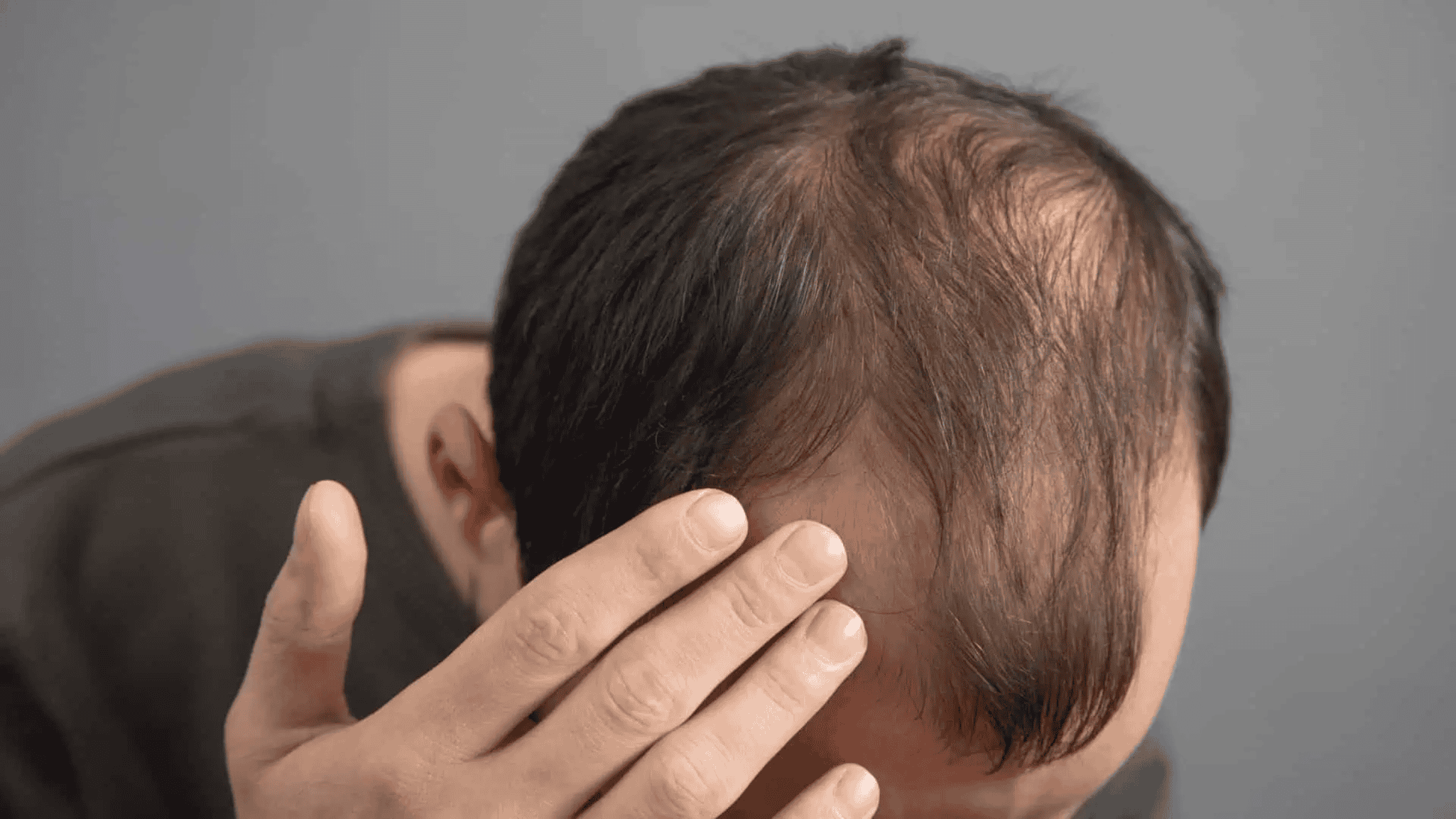Researchers analyzed how intermittent fasting can affect the skin and hair tissue of mice and humans

The beginning of a new year is marked by promises and one of the most common is to lose weight. In this sense, intermittent fasting is usually adopted. This is an eating strategy that consists of alternating periods of fasting and eating, a diet focused more on when you eat than on what is being consumed.
However, this approach may have other consequences that are not related to weight loss. That’s what a new study by researchers at Westlake University in Zhejiang, China, found.
The effects of diet on rodents and humans
- Wondering how intermittent fasting might affect skin and hair tissue, researchers shaved all the hair off mice.
- Then they put the animals on different diets.
- One group could only eat every other day, while another ate eight hours a day and fasted for 16.
- The third had unrestricted access to food, without worrying about food.
- The conclusion was that rodents that were not subjected to any diet recorded the growth of most hair after 30 days.
- However, the other groups still had not recovered their coats even 96 days later.
- The results were described in a study published in the journal Cell Press.
- At the same time, an experiment carried out with 49 healthy humans showed similar results.
- After shaving their heads, the team found that hair grew back at an 18% slower rate in people on the diet.

read more
Hair growth cells died
According to scientists, the link between fasting and hair growth rates is explained by the effect of calorie restriction on hair follicle stem cells (HFSCs), essential components for hair growth. In the control group of mice, these cells became active 20 days after being scraped.
When the body is fasting, however, it switches from burning glucose for fuel to burning fat. In the calorie-restricted animals, this led to an increase in free fatty acids near the hair follicles, which caused them to die in a process known as apoptosis or programmed cell death. In other words, instead of the hair growth cells becoming active, they simply died.

The team then applied the antioxidant vitamin E to intermittently fasting mice, which helped mitigate the effects of slower hair growth. The same happened in rodents that were genetically modified to express more antioxidants in their cells.
Although the results are quite convincing, the researchers highlight that more studies and tests with humans are needed to confirm the effect of intermittent fasting on hair growth.

Collaboration for Olhar Digital
Alessandro Di Lorenzo is a collaboration for the digital look at Olhar Digital


